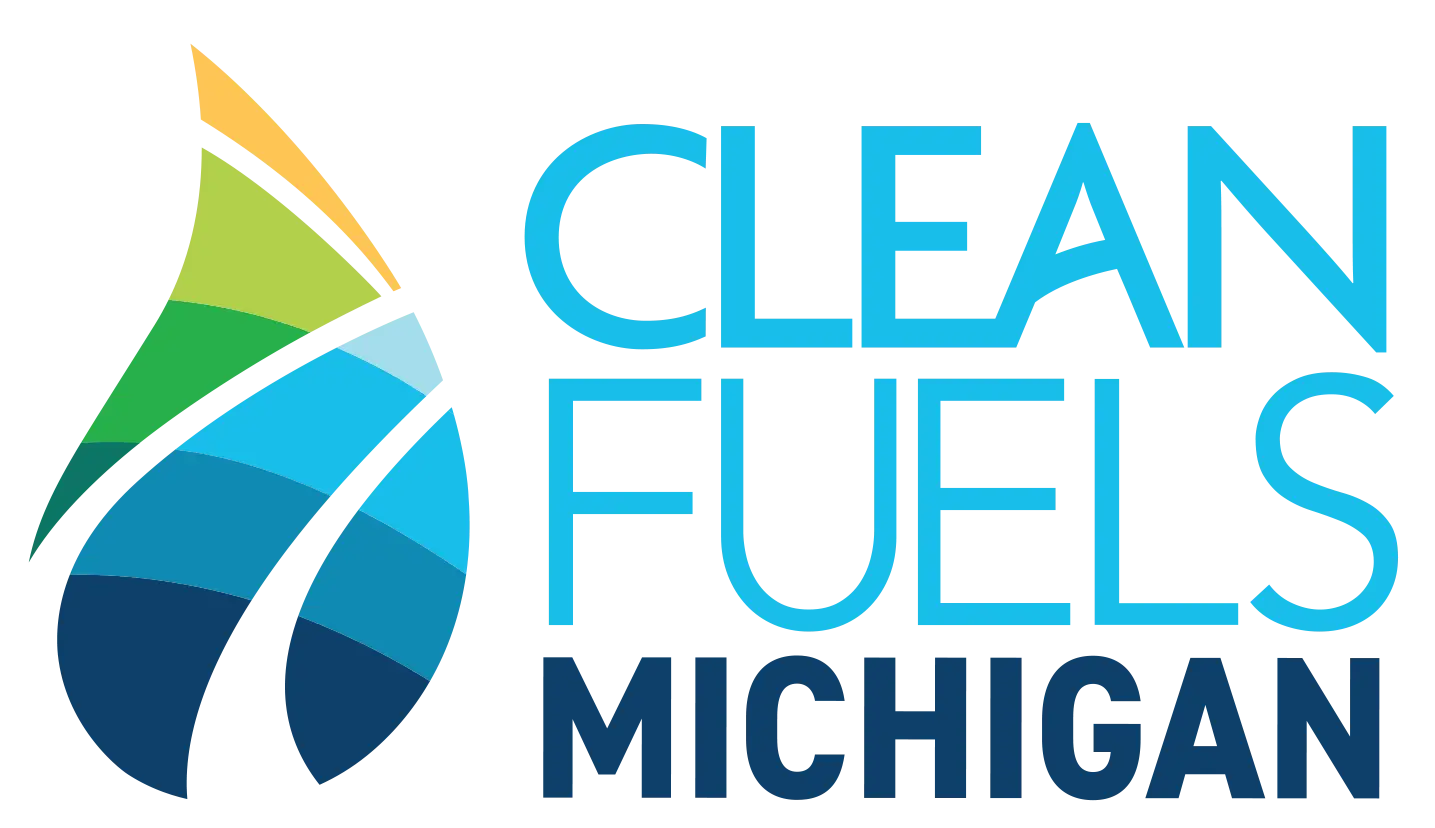On October 3rd, Representative Andrews (D-Saint Joseph) introduced House Bill 5083, legislation that would implement a clean fuel standard in Michigan. This is a House version of the bill introduced to the Senate earlier this year by Senator Sam Singh (D-East Lansing), Senate Bill 275. A clean fuel standard program reduces the carbon intensity of the transportation sector over time. The program accomplishes this by setting a carbon intensity limit for transportation fuels. Fuels with intensities higher than the standard generate deficits, while fuels below the standard generate credits. Credits have a market value that varies based on the standard and market forces. This legislation is supported by a coalition of more than 50 organizations, which all recognize this potential for a clean fuel standard to bring rapid growth to the clean fuel economy in Michigan.
The transportation sector is currently the largest source of greenhouse gas emissions in Michigan. To combat this, the proposed clean fuel standard in Michigan seeks to reduce the carbon intensity of the transportation sector by 35% by 2035. The incentive-based program reduces the use of high-carbon transportation fuels like gasoline and diesel while providing incentives to deploy lower-carbon fuels such as electricity, hydrogen, ethanol, propane, renewable natural gas, and other alternative fuels. A Clean Fuel Standard is supported in the MI Healthy Climate Plan and recommended by the Council on Future Mobility and Electrification. In addition to being an important step in helping Michigan achieve its environmental goals, a clean fuel standard provides other benefits:
- Economic Growth and Clean Fuel Investment
Successful implementation of a clean fuel standard in other states has displayed how the program attracts significant investments from the private sector. In states with active clean fuel standards, companies invest in cleaner technologies and infrastructure, stimulating economic growth and innovation. These investments lead to large-scale job growth across the clean mobility supply chain. - Increased Consumer Choice
Implementing a clean fuel standard incentivizes producing and using various cleaner transportation fuels, such as electricity, hydrogen, biofuels, and more. The program’s credit market incentivizes producers of these fuels to grow their clean fuel production, making cleaner fuels more widely available at a lower cost to consumers. This diversification reduces reliance on a single energy source, promoting a more stable and varied energy market. - Support Domestic Fuel Production
Many clean fuels can be produced locally in Michigan, including electricity and biofuels derived from agricultural products. A clean fuel standard supports local industries by promoting the production and consumption of domestically produced clean fuels. This reduces reliance on imported fossil fuels, enhancing energy independence, national security, and consumer risk from sudden fuel price increases. - Improved Air Quality and Public Health
By promoting the production of cleaner fuels and reducing the carbon intensity of the transportation sector, a clean fuel standard results in decreased emissions of harmful pollutants such as particulate matter and nitrogen oxides. Cleaner air reduces the incidence of respiratory diseases, cardiovascular problems, and other health issues.
Time is of the Essence
A clean fuel standard is a technical program requiring thoughtful rulemaking and state agency coordination. Passing SB 275 and HB 5083 out of their respective chambers is just the first step in standing up this kind of program. Washington’s clean fuels program was implemented on January 1st of this year, two years after the legislation was passed in 2021. Oregon’s clean fuel program was authorized by legislation in 2009, but the program was not implemented until 2016. Clean Fuels Michigan urges members of the House and Senate to prioritize the passage of SB 275 and HB 5083 as a necessary first step to ensure the state realizes the environmental, economic, and public health benefits of a clean fuel standard. Michigan’s clean fuel standard legislation requires the Department of Environment, Great Lakes, and Energy to complete the rulemaking for the program within one year of the legislation’s effective date. We look forward to taking lessons learned from other states in the implementation process and working with relevant stakeholders to ensure the timely implementation of Michigan’s clean fuel standard.
Michigan has the potential to be the first state in the Midwest to implement a clean fuel standard, leaning into our rich transportation history and decidedly showing commitment to the state’s rapidly growing clean mobility economy. Minnesota and Illinois are actively pursuing legislation to implement similar programs, and Ohio, Wisconsin, and Nebraska are all exploring clean fuel legislation. Michigan can attract substantial industry investments in clean transportation technologies, electric vehicle manufacturing, and clean fuel infrastructure by pioneering a clean fuel standard. Acting now to implement a clean fuel standard would strengthen Michigan’s reputation as an industry leader, attracting domestic and international investments, creating jobs, and fostering a culture of sustainable innovation that can serve as a model for other Midwest states.

